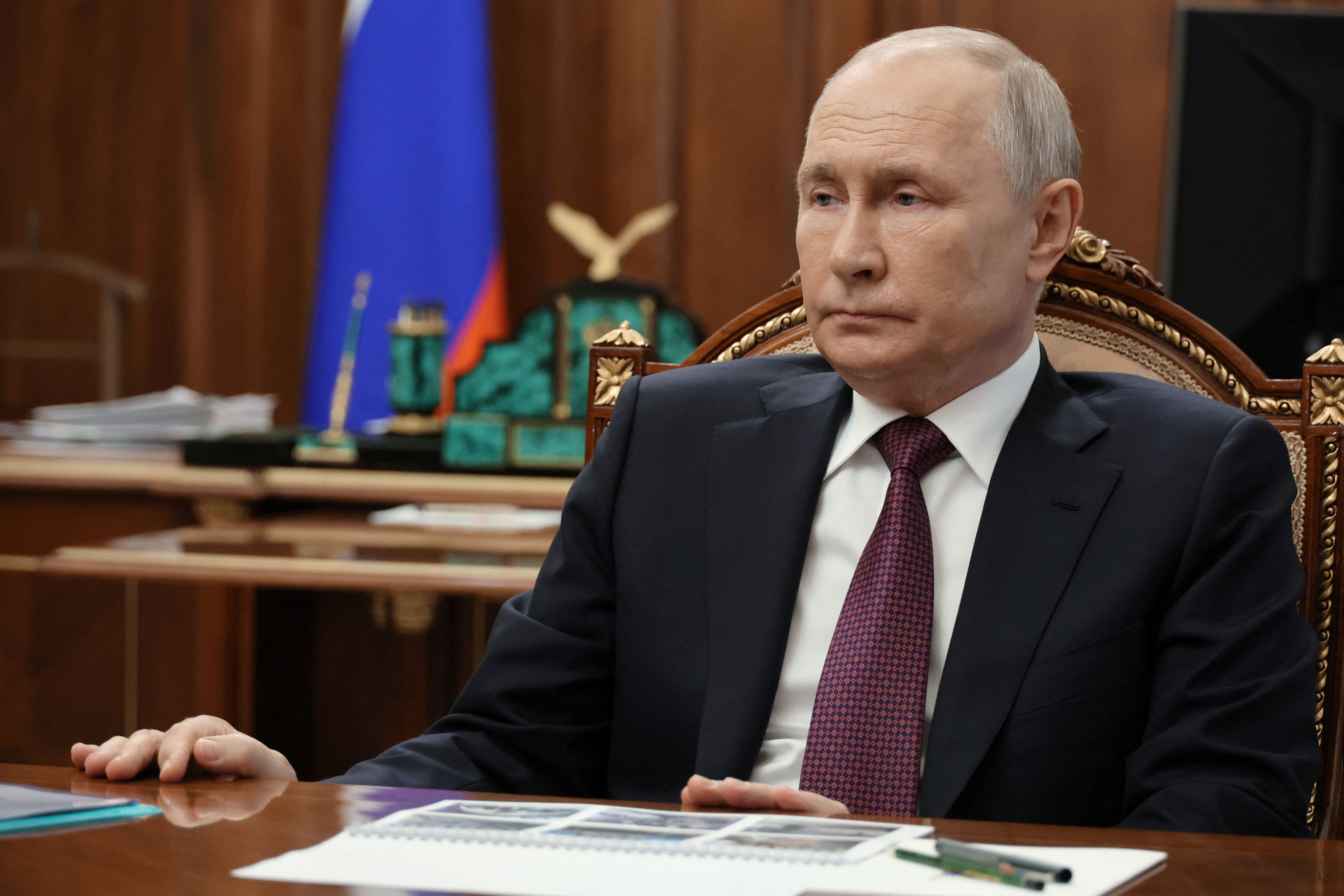August 24, 2023
Almost 24 hours after the plane presumed to be carrying Wagner warlord Yevgeny Prigozhin exploded midair outside Moscow – presumably killing him and Wagner’s top military commander Dmitry Utkin – Vladimir Putin has broken his silence. On Thursday, the Russian leader sent his condolences to the families of the 10 people killed in Wednesday’s massive explosion.
(For more on Prigozhin’s failed June mutiny, which brought him on a collision course with his boss, see our explainer here.)
Though Putin needs to keep things ambiguous to avoid igniting the wrath of the thousands of disgruntled Wagner troops who remain loyal to Prigozhin, he did make his displeasure with the former mercenary chief known: Prigozhin was a “person with a complicated fate, and he made serious mistakes in life,” Putin said, adding that he “also sought to achieve the necessary results – both for himself and … for the common cause.”
Complicated fate? That’s something the Kremlin and the US intelligence community can agree on. On Thursday, US officials confirmed that the explosion was likely the result of an assassination attempt, though they said the explosion didn’t come from surface-to-air missiles, as some have claimed, but from a bomb placed on board or another mechanism.
Putin is known for killing his enemies, but taking down a loyalist and one-time protege? That would be a first.
More For You
- YouTube
At the 62nd Munich Security Conference in Munich, GZERO’s Tony Maciulis spoke with Benedikt Franke, Vice Chairman and CEO of the Munich Security Conference, to discuss whether the post-1945 global order is under strain or already unraveling.
Most Popular
- YouTube
Zelensky agrees: elections matter #PUPPETREGIME
As more small businesses move sales, payments, and customer relationships online, they unlock new opportunities, but they also become easier targets for cyber-criminals and other threat actors.
TOKYO, JAPAN - FEBRUARY 8: Japan's Prime Minister Sanae Takaichi, leader of the ruling Liberal Democratic Party (LDP), places a red paper rose on the name of an elected candidate at the LDP headquarters on general election day on February 08, 2026 in Tokyo, Japan. Voters across the country headed to polls today as Japan's Lower House election was held.
Photo by Kim Kyung-Hoon - Pool/Getty Images
When Japanese Prime Minister Sanae Takaichi called snap elections last month, it was a big gamble. Holding a winter election just four months into her tenure with no real policy record to run on?
© 2025 GZERO Media. All Rights Reserved | A Eurasia Group media company.
